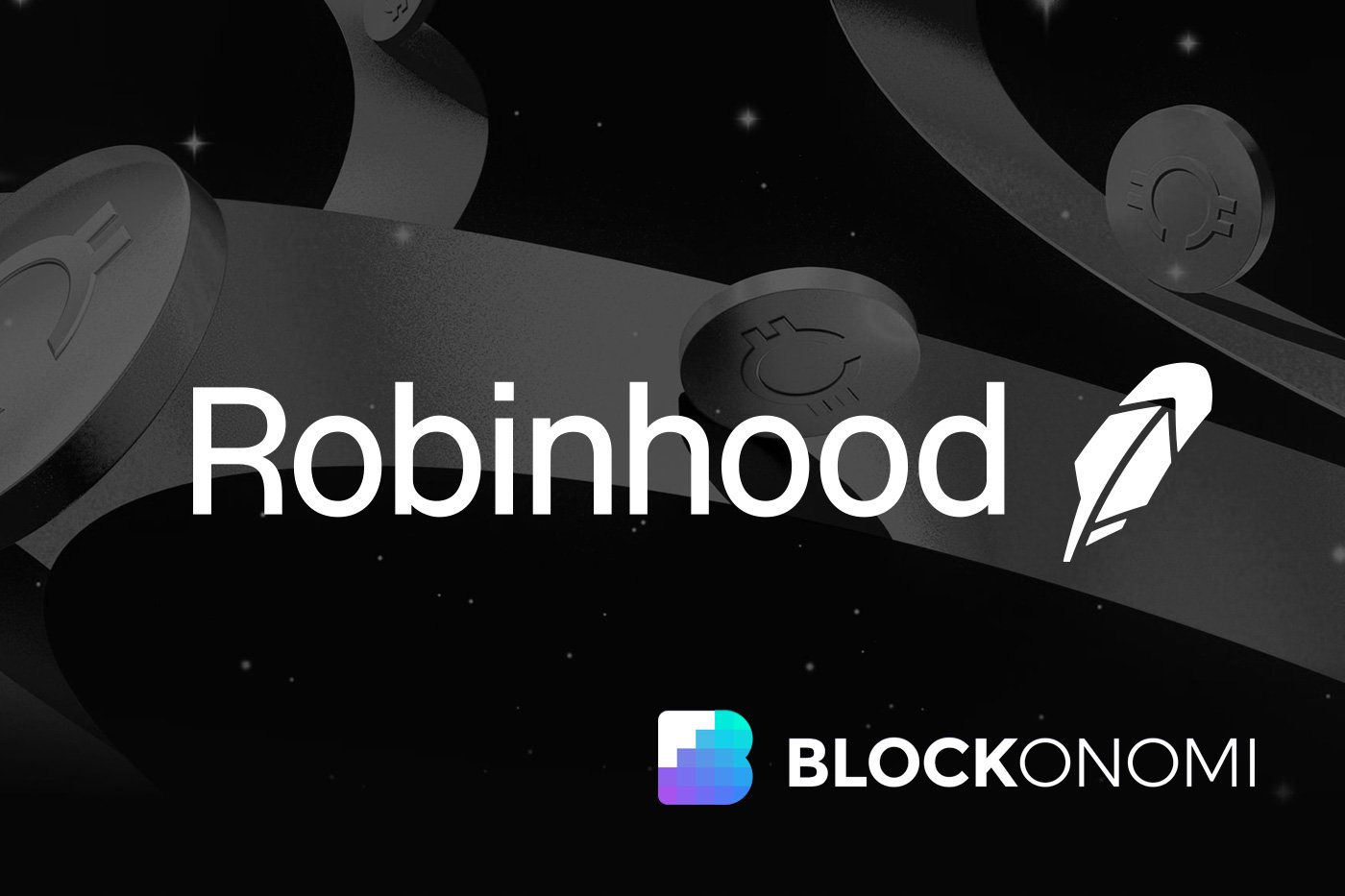
Robinhood’s Game-Changing Move: Tokenizing Stocks for the DeFi Future
Robinhood, the trailblazing fintech company, is rewriting financial history. With its latest innovation, the platform aims to bridge traditional finance (TradFi) with the dynamic world of decentralized finance (DeFi). Their ambitious three-phase plan promises to transform how we perceive and use stocks, bringing blockchain and cryptocurrency closer to everyday investing.
Phase 1: Tokenized Stocks in Europe
The journey kicked off with Robinhood’s launch of nearly 800 tokenized securities in Europe. These digital assets, essentially ERC-20 representations of publicly traded stocks, are stored on the blockchain. For now, users can only buy and sell these tokenized stocks within the app. This marks the initial step in creating a fully blockchain-integrated trading system.
Did you know? These tokenized stocks operate on the Arbitrum blockchain, which is renowned for its speed and lower transaction costs compared to Ethereum’s mainnet. Using Stylus technology, Robinhood ensures compatibility between traditional programming languages like Rust and C++ with DeFi-enabled blockchains.
Phase 2: Around-the-Clock Trading
The second phase aims to eliminate one of the most significant limitations of traditional stock markets: trading hours. By acquiring crypto exchange Bitstamp for $200 million, Robinhood sets the stage for 24/7 trading. This move aligns equity markets with the crypto world, where trading happens round-the-clock.
This phase is more than just a technical milestone; it’s a cultural shift. Investors can capitalize on global events or market movements anytime, ensuring flexibility and access like never before. The integration of Bitstamp infrastructure is expected to bring seamless functionality and reliability.
Phase 3: DeFi Meets TradFi
The final and most anticipated phase is all about empowering investors. Once implemented, tokenized stocks will become fully permissionless. Users will be able to withdraw stock tokens from Robinhood, store them in personal crypto wallets, and even use them as collateral in lending protocols like Aave. This revolutionary step would entirely bypass traditional brokerages and clearinghouses, democratizing asset ownership and financial autonomy.
For example, imagine owning tokenized Tesla stock. You could buy it on Robinhood, transfer it to a private wallet, and then strategically use it in DeFi protocols—all without middlemen.
Why Investors Should Care
Robinhood’s innovative roadmap underscores a shift in the financial landscape. By tokenizing stocks, Robinhood unlocks a new world of possibilities for investors, including:
- Increased liquidity through DeFi integrations
- Flexibility with 24/7 tradable assets
- Reduced dependence on intermediaries, lowering overall costs
Despite these promising steps, there are risks involved. Robinhood’s stock valuation already trades at a forward P/E ratio of 51, significantly higher than competitors like Charles Schwab (17) and Interactive Brokers (27). Market skepticism remains over whether its aggressive expansion justifies the premium valuation.
Looking Forward
Robinhood’s bold three-phase strategy sets the pace for a future in which stocks are as versatile as cryptocurrencies. While phases 2 and 3 are eagerly awaited, the platform has already showcased the potential of blending traditional finance with blockchain innovation.
Stay ahead of the curve by exploring these newly tokenized securities on Robinhood’s user-friendly app. For a deeper dive into the intersection of crypto and traditional investing, check out the company’s growing suite of services, including crypto trading and subscription options.
Pro Tip: Keep an eye out for future announcements as Robinhood introduces private equity tokens and fully permissionless trading features in Europe.






